Commenting on providing clean water to people, delegate Nguyen Thi Ngoc Xuan said that clean water is a special food and commodity that has a direct impact on people's health and all other essential activities.
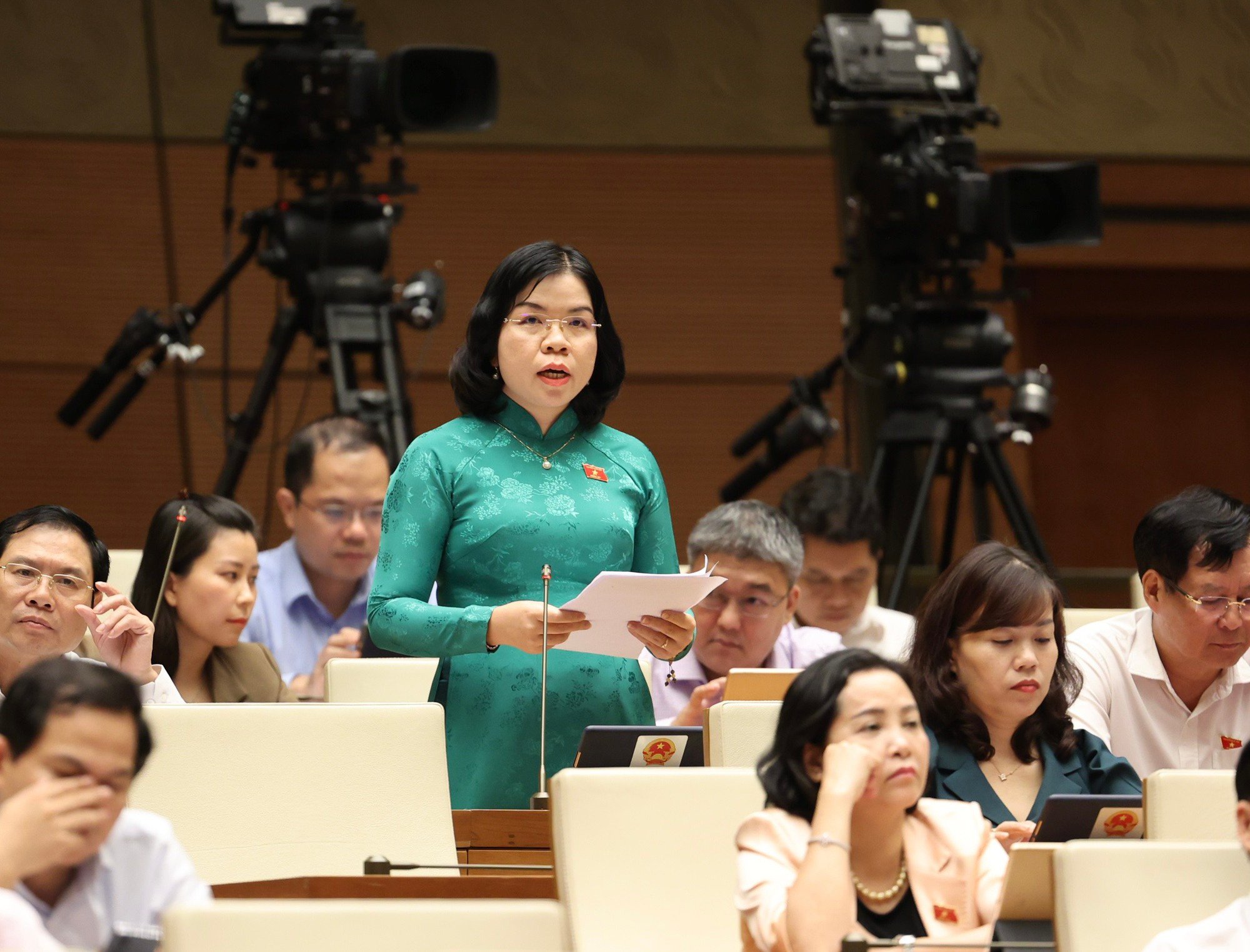
Delegate Nguyen Thi Ngoc Xuan ( Binh Duong delegation)
However, in Vietnam, the rate of households with access to tap water is currently only about 52%; in particular, this rate in urban areas is 84.2%, while in rural areas it is only 34.8%.
According to estimates by the United Nations Children's Fund (UNICEF), about 52% of children in Vietnam, equivalent to 17 million children, do not have access to clean water. Lack of clean water and poor sanitation are considered the leading causes of worm infections in 44% of children and malnutrition in 27% of children under 5 years old.
In particular, according to statistics from the Ministry of Health , Vietnam has 37 cancer villages, of which 10 cancer villages have heavily polluted water sources, this number is very alarming. "People have the right to access clean water and the Government is responsible for the people's need for clean water, especially in rural areas, remote areas, border areas, and islands," Ms. Xuan said.
The female delegate also proposed to add the following content: "The State has a plan for investment in development and management of clean water supply systems for people; invests in inter-commune, inter-district, inter-provincial clean water supply systems and clean water supply systems for the entire region; and regulates the scope of responsibility for protecting water supply works for the community."
At the same time, she also recommended regulating the responsibilities of clean water supply companies, especially compensation for damages to people. Ms. Xuan cited that in Finland, water supply interruptions, water incidents and water risk management are determined by calculating the total time of water supply interruption in a year. Users can request compensation for a minimum of 2% of water supply costs if this time exceeds 12 hours in a year.
Sharing this view, delegate Pham Van Hoa ( Dong Thap delegation) said that our country's natural water resources are currently on the decline and the environment is seriously polluted due to the impact of nature and humans.
He suggested adding specific policies such as investing in lakes and dams to store water, minimizing the construction of hydroelectric dams; applying technology to recycle domestic water, rainwater, and converting seawater into fresh water.
In particular, regarding the provisions on prohibited acts in the draft, according to delegate Pham Van Hoa, in the past, the handling was very difficult. Despite the fact that water is abundant, endless, and can be used and exploited without knowing when it will end, the forms of punishment were not strict; in many places, there were no punishments, leading to very limited compliance awareness among the people.
Therefore, he proposed to take strict measures to set an example and prevent such acts as discharging untreated wastewater into the environment, destroying water by using toxic chemicals in agricultural production, and indiscriminate exploitation of groundwater.
On the other hand, in recent times, water has been polluted, aquatic life has been destroyed or its quality of life has been affected by these chemicals. Therefore, it is necessary to regulate environmental pollution, but to what extent and what the environmental impact is in a very specific and objective manner.
Minister of Natural Resources and Environment Dang Quoc Khanh
Explaining at the end of the discussion session, Minister of Natural Resources and Environment Dang Quoc Khanh said that the revised Law on Water Resources must ensure full institutionalization of the Party's major policies on management, protection, and use of water resources, and especially ensuring water security.
"Many National Assembly deputies are very concerned about water security, especially now that climate change has a huge impact. The revised Law on Water Resources must ensure water security," Mr. Khanh said.
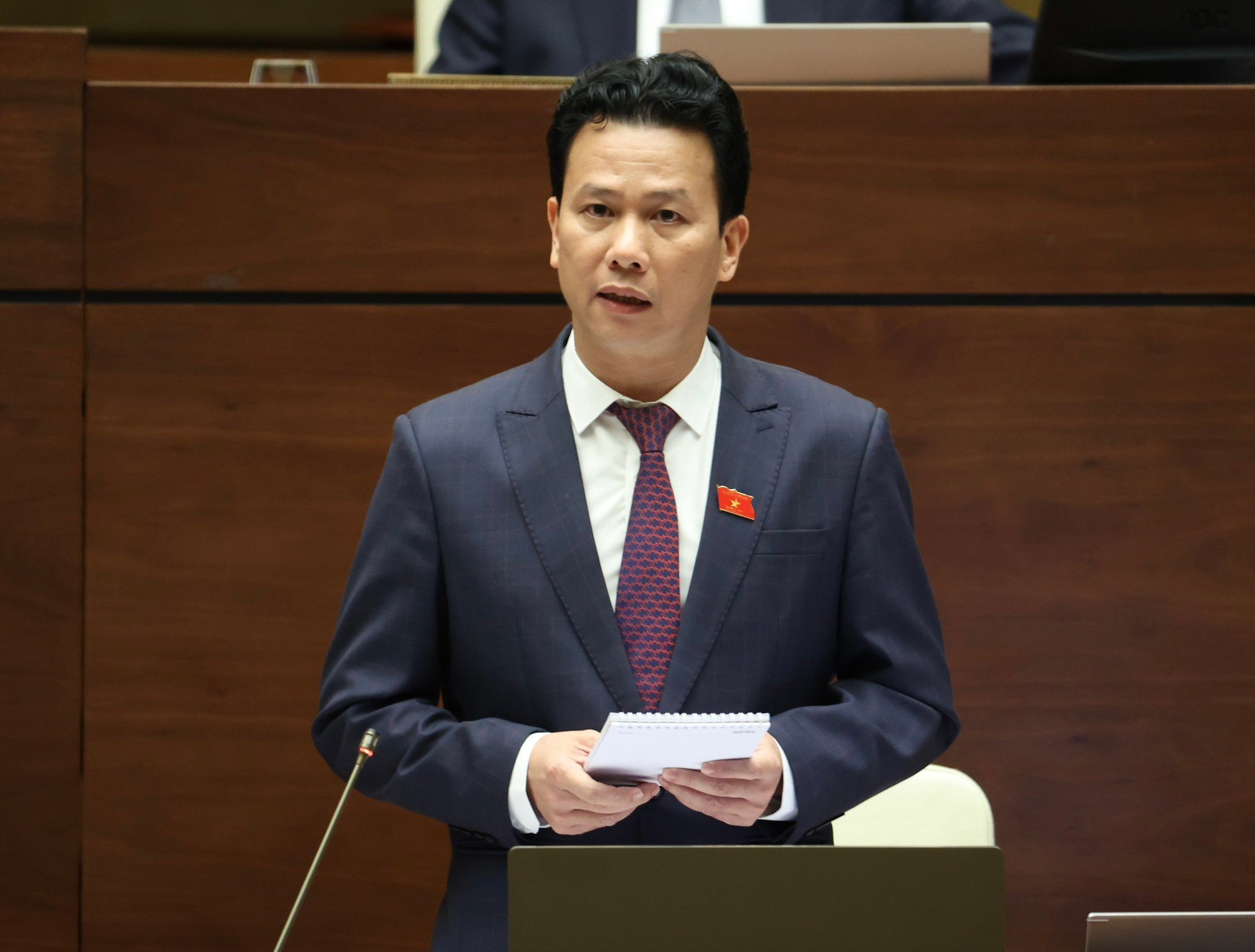
Minister of Natural Resources and Environment Dang Quoc Khanh
The draft law will review solutions, have solutions on water saving, water use and scientific use of water circulation management. "We must preserve water. We are a maritime country, suffering from drought, water shortage in the dry season, and floods in the rainy season, so regulating, managing and using water effectively is very important," Minister Khanh emphasized.
Regarding the idea of restoring water resources, according to the leader of the Ministry of Natural Resources and Environment, if the rivers "die", how can we create a flow, how can we prevent environmental pollution? Therefore, we must overcome the damage, restore water resources; continue to study the functions of flood prevention, control, drainage, and flood storage to regulate and prevent urban flooding, floods in localities, and rivers.
Source link





![[Photo] Students of Binh Minh Primary School enjoy the full moon festival, receiving the joys of childhood](https://vphoto.vietnam.vn/thumb/1200x675/vietnam/resource/IMAGE/2025/10/3/8cf8abef22fe4471be400a818912cb85)
![[Photo] Prime Minister Pham Minh Chinh chairs meeting to deploy overcoming consequences of storm No. 10](https://vphoto.vietnam.vn/thumb/1200x675/vietnam/resource/IMAGE/2025/10/3/544f420dcc844463898fcbef46247d16)

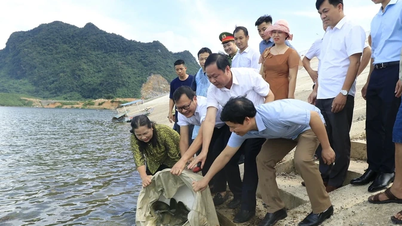

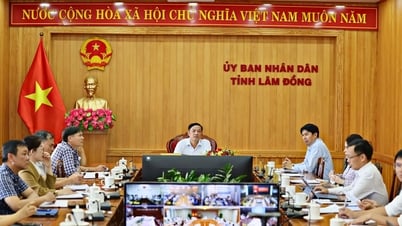

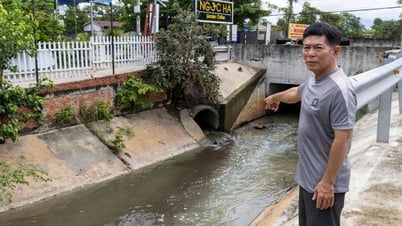

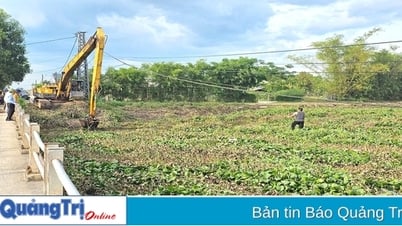

















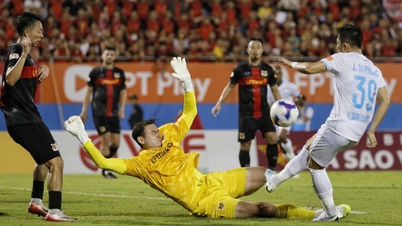

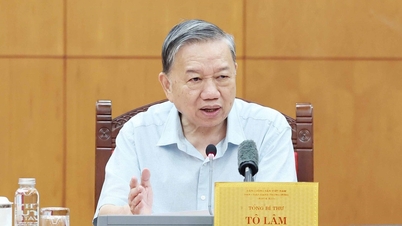
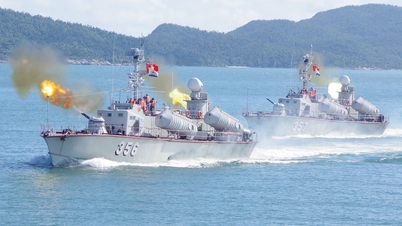
















































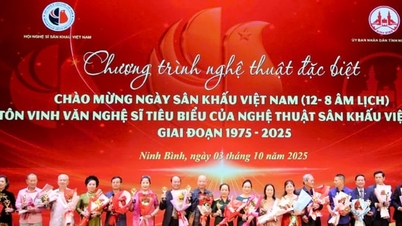

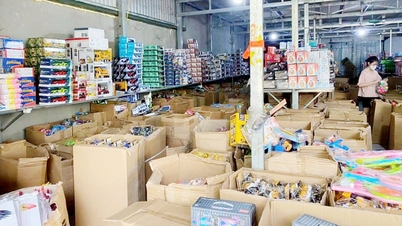

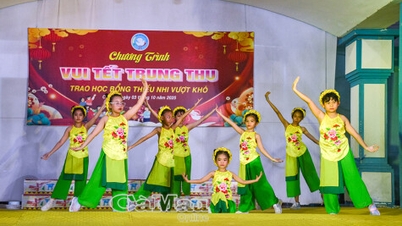

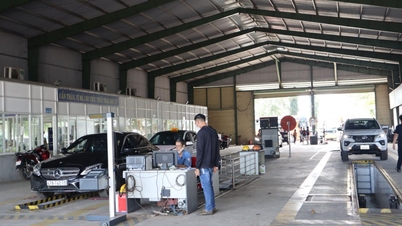

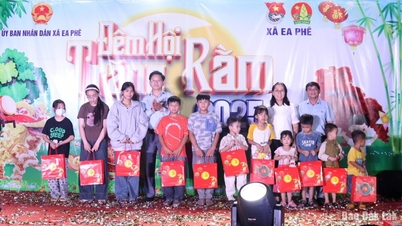
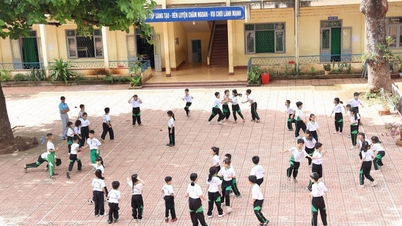











Comment (0)